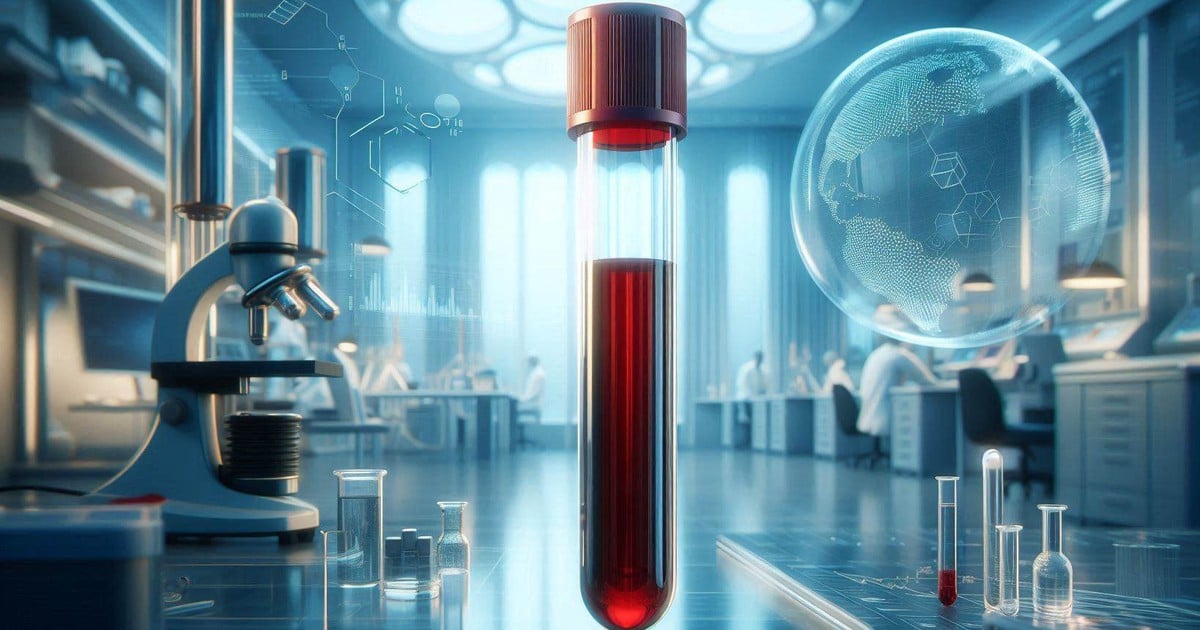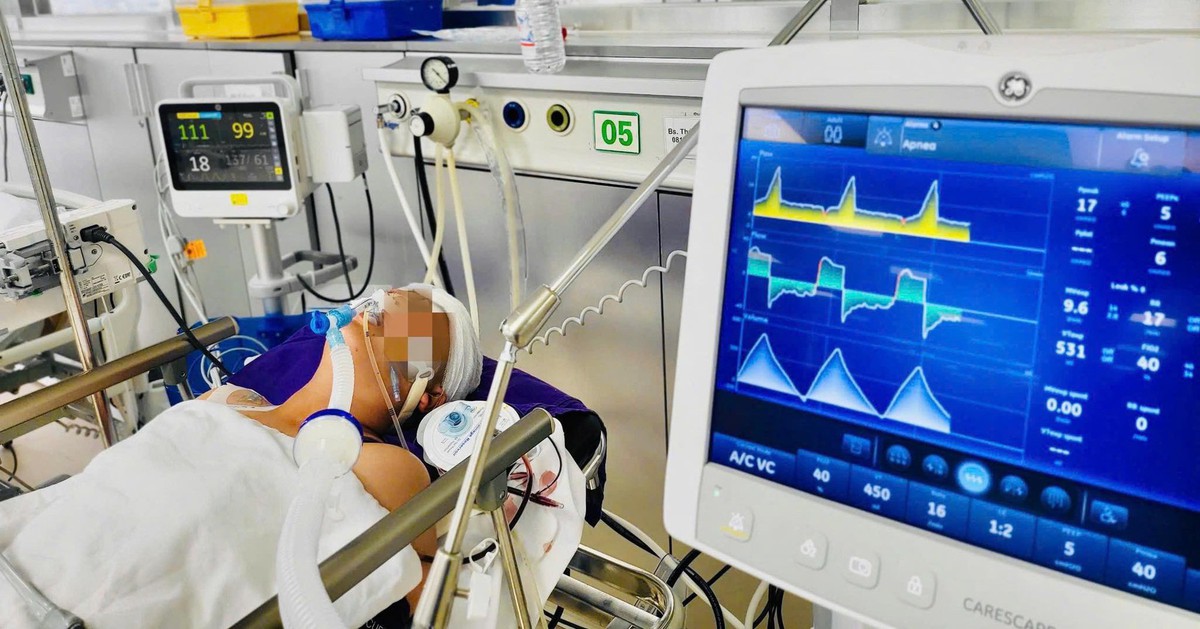The heart plays an important role in keeping the overall functioning of the body smooth, according to the Health Site news site.
Although we rarely give this vital organ much thought, it's important to pay attention to the subtle signals that appear when something's wrong. From a rapid heartbeat to excessive sweating, there are a number of signs that your heart may be in trouble.
But what about signs that your heart is working well? Here are some signs that your heart is working optimally.

A healthy heart is the key to a long life
Stable resting heart rate
What is a good resting heart rate? According to experts, the ideal heart rate should be between 60 and 100 beats per minute when resting, according to the Health Sites news site.
No breathing problems
Not feeling short of breath or breathing easily means that the heart is functioning normally. Even with moderate physical activity such as walking or jogging, not feeling short of breath is a sign of a healthy heart.
When the heart pumps enough blood to the organs, the cells will receive the necessary amount of oxygen. As a result, there will be no difficulty in breathing.
Good energy level
Feeling energized and ready to take on the day is a clear sign that your heart is healthy.
A healthy heart ensures efficient blood flow to all body parts including muscles and organs, providing them with the fuel they need to function optimally.
Recover quickly after exercise
When the heart is healthy, its ability to recover quickly after physical activity is at its peak.
When the heart is healthy, it will quickly supply oxygen and remove lactic acid, helping the body recover quickly. Therefore, if the body recovers quickly after exercise, it means that you have a healthy heart.

If you do not feel any discomfort or pain in your chest, it means your heart is working well.
Healthy blood pressure and cholesterol levels
Maintaining healthy blood pressure and cholesterol levels is important for heart health. For adults, the ideal blood pressure is below 120/80 mmHg. This is a sign that blood is flowing smoothly through the arteries, minimizing strain on the heart.
Similarly, healthy cholesterol levels, with low LDL and low total cholesterol, are important because they prevent plaque buildup in the arteries, reducing the risk of heart disease. This means that if your blood pressure and cholesterol levels are under control, you have a healthy heart.
Pulse strong and steady
A strong, steady pulse, usually between 60 and 100 beats per minute, indicates that blood flow to the body's organs is working properly. Conversely, a weak or irregular pulse can indicate underlying problems that require medical attention.
No chest pain
No chest pain or tightness is a positive sign of a healthy heart. If you feel any persistent or recurring pain in the chest area, you should see a doctor immediately because it could be a symptom of an underlying heart condition, according to Health Sites.
Tips to keep your heart healthy
Stay physically active.
Follow a heart healthy diet.
Weight management.
Stress control.
Source link




![[Photo] "Beauties" participate in the parade rehearsal at Bien Hoa airport](https://vstatic.vietnam.vn/vietnam/resource/IMAGE/2025/4/11/155502af3384431e918de0e2e585d13a)

![[Photo] Looking back at the impressive moments of the Vietnamese rescue team in Myanmar](https://vstatic.vietnam.vn/vietnam/resource/IMAGE/2025/4/11/5623ca902a934e19b604c718265249d0)






















![[Photo] Summary of parade practice in preparation for the April 30th celebration](https://vstatic.vietnam.vn/vietnam/resource/IMAGE/2025/4/11/78cfee0f2cc045b387ff1a4362b5950f)






























































Comment (0)